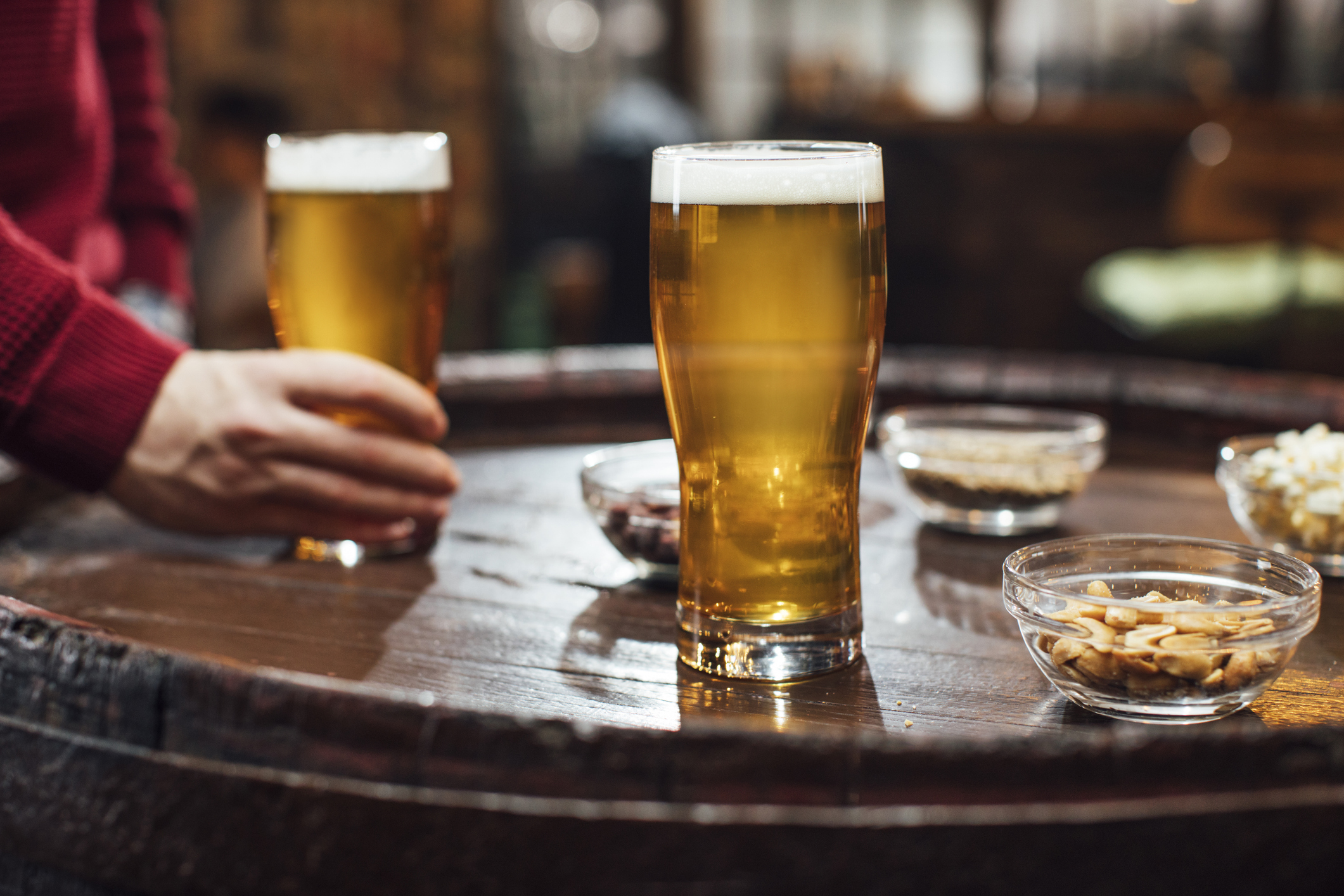The opioid epidemic, which affects about two million people in the United States, continues to take lives: a reported 130 Americans are overdosing on opioids each day. With mortalities on the rise, healthcare and policy-making officials have put forth initiatives that can help save the lives of those addicted to opiates. Many of the motions being set in order use buprenorphine, otherwise known as suboxone, for opioid addiction treatment. The gold standard of care helps solidify opioid recovery by decreasing withdrawal symptoms and lessening the cravings for opioids.
For instance, a new study in West Virginia — which was deemed one of the states impacted most intensely by the crisis, with triple the overdose fatality rate as compared to the nation’s average — shows that there has been a noticeable increase of individuals seeking help for opioid addiction due to the Affordable Care Act. Low-income individuals can now find themselves with the resources necessary to obtain addiction treatment. In fact, the rate of which buprenorphine prescriptions were filled rose from one-third to three-fourths.
Vermont, another state with one of the nation’s highest opioid addiction rates, has made saving the lives of those afflicted by opioid addiction a prioritized goal. Vermont implements the “hub and spoke” program, which stabilizes patients through their hub’s therapists and social workers and then proceeds to treat their patients through spokes – medical professionals who can prescribe medications such as buprenorphine. On average, Vermont prescribed buprenorphine to 204 per 1000 individuals.
Other states are also making headway in the fight against opioid addiction with Suboxone. By law, Boston’s Department of Correction is now offering two opioid addiction treatment medications: buprenorphine and methadone. And in Philadelphia, the Department of Prisons has remedied their issue of limitation of permitted Suboxone prescriptions; as per the approval of their appeal to the Federal Substance Abuse and Mental Health Administration, one Philadelphia prison will be allowed to prescribe buprenorphine to 275 patients, as compared to the original 100 people limit per doctor. And the treatment does not stop passed the prison itself: patients will be sent home with at least 5 days worth of Suboxone once released.
Despite the increase of suboxone prescriptions in some states, less than 7% of healthcare providers in America have gone through the required trainings that would allow them to prescribe buprenorphine. In fact, less than half of the counties in the United States have a doctor that prescribes the gold standard of care.
If you or a loved one is struggling with addiction, Mountainside can help.
Click here or call (888) 833-4676 to speak with one of our addiction treatment experts.

 By
By 







